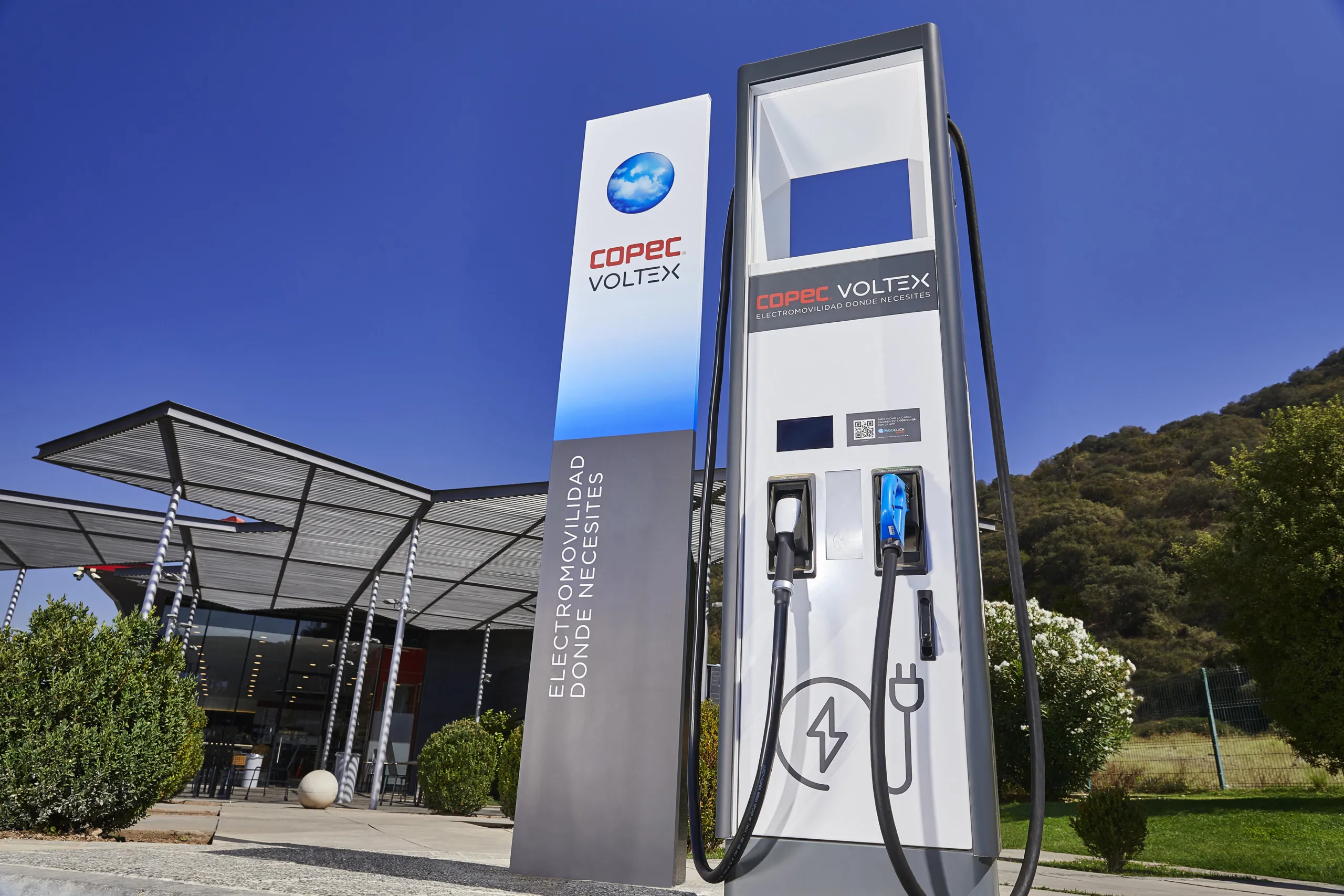The UK Electric Nation project is due to announce its initial findings on the first day of the Cenex Low Carbon Vehicle event (LCV2017) this week, which will show that smart charging can provide a key solution to the challenge of the demand from increasing numbers of electric vehicles (EVs) on electricity networks.
Recent reports in response to the government’s announcement about the ban of petrol and diesel cars by 2040 have raised concerns about the ability of the UK’s electricity networks to provide sufficient power for increasing numbers of EVs.
Electric Nation is investigating the benefits which smart charging could provide for local electricity networks, where additional demand from local clusters of EVs could require reinforcement of these networks.
Electric Nation’s initial findings to be presented at LCV2017 are based on almost 70,000 hours of charging data, and show that 48% of plug-in events begin between 5pm and midnight. On average, these vehicles are plugged in for 12 hours, but are only charging for just over two hours. This suggests that there is likely to be sufficient flexibility to manage charging away from peak electricity demand periods. This will be explored in detail through the smart charging trial taking place during the rest of 2017 and 2018.
Over 40 different makes and models of EVs are taking part in the trial and the geographical hot spots of EV owners who are taking part will be revealed in Electric Nation’s presentation at LCV.
Electric Nation, one of Western Power Distribution’s (WPD) innovation projects, with collaboration partners EA Technology, DriveElectric, Lucy Electric GridKey and TRL, is believed to be the world’s largest trial of its kind, and is offering a free smart charger to 500-700 electric vehicle drivers.
The project is ahead of schedule with recruitment, having received over 2,500 enquiries, which have translated to over 700 signed expressions of interest, of which over 400 have been approved, and over 350 smart chargers have now been installed.
Research shows smart charging can be key solution to challenge of network demand from EVs
The UK Electric Nation project is due to announce its initial findings on the first day of the Cenex Low Carbon Vehicle event (LCV2017) this week, which will show that smart charging can provide a key solution to the challenge of the demand from increasing numbers of electric vehicles (EVs) on electricity networks.
September 5, 2017
Read time: 3 mins







